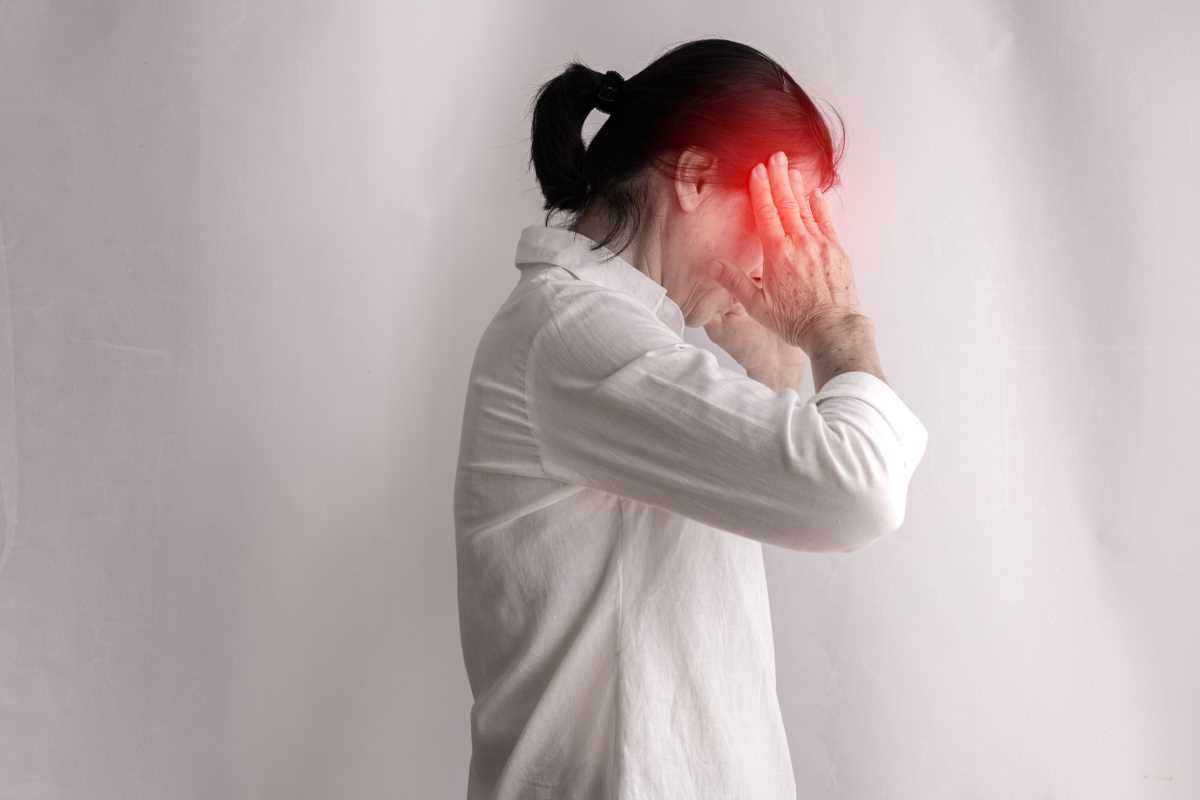Dealing with depression can feel like carrying a heavy weight that never lets up. If you’ve been struggling, know that you’re not alone. Millions of people face this challenge, and a variety of tools are available to help, including therapy, lifestyle changes, and medication. Among these, antidepressants have proven to be an effective way to manage symptoms for many individuals.
If you or someone you know is considering antidepressants, you may have questions. How do they work? Are they safe? What should you expect? The goal of this guide is to break down the basics of antidepressants in a way that’s simple, relatable, and easy to follow, helping you make informed decisions about your mental health care.
Antidepressants are a type of medication designed to help improve mood, energy levels, and overall emotional stability in individuals diagnosed with depression. They work by affecting certain chemicals in the brain called neurotransmitters, which play a key role in regulating mood. When these chemicals are out of balance, it can lead to feelings of sadness, hopelessness, or fatigue that make it hard to function day-to-day.
It’s important to know that antidepressants aren’t a "happy pill" or instant fix. Instead, they’re part of a broader treatment plan meant to support your mental health over time. Often, they’re combined with other forms of treatment, like therapy or lifestyle adjustments, for the best results.
Types of Antidepressants
Not all antidepressants work the same way. There are several different classes of these medications, each targeting neurotransmitters in slightly different ways. Your doctor will work with you to determine which type might be the best for your symptoms. Here’s a look at some of the most common categories:
1. Selective Serotonin Reuptake Inhibitors (SSRIs)
SSRIs are some of the most commonly prescribed antidepressants. They work by increasing levels of serotonin, a neurotransmitter often called the "feel-good chemical," in your brain. Serotonin helps regulate mood, sleep, and appetite, so boosting its levels can improve depressive symptoms.
- Common examples: Fluoxetine (Prozac), Sertraline (Zoloft), Escitalopram (Lexapro)
- Why they’re popular: SSRIs have fewer side effects compared to older antidepressants, making them a common first choice.
2. Serotonin-Norepinephrine Reuptake Inhibitors (SNRIs)
SNRIs target both serotonin and norepinephrine, another neurotransmitter that influences energy and focus. This makes them particularly useful for individuals dealing with fatigue or concentration issues related to depression.
- Common examples: Venlafaxine (Effexor), Duloxetine (Cymbalta)
- What to expect: Some people find SNRIs energizing, which can be helpful if you feel drained much of the time.
3. Atypical Antidepressants
These medications don’t fall neatly into other categories. They work in unique ways, often targeting multiple neurotransmitters at once. Atypical antidepressants are often prescribed when other medications don’t deliver the desired results.
- Common examples: Bupropion (Wellbutrin), Mirtazapine (Remeron), Trazodone
- Who they might help: Bupropion, for example, is noted for having fewer sexual side effects, while Mirtazapine is sometimes prescribed for individuals struggling with poor sleep.
4. Tricyclic Antidepressants (TCAs)
Tricyclics are older antidepressants that work by increasing serotonin and norepinephrine levels. While they can be effective, they’re less commonly used today because they tend to have more side effects.
- Common examples: Amitriptyline, Nortriptyline
- Why they’re still used: TCAs may be recommended if newer antidepressants aren’t effective.
5. Monoamine Oxidase Inhibitors (MAOIs)
MAOIs are among the oldest types of antidepressants and are generally used only when other options haven’t worked. They work by blocking an enzyme called monoamine oxidase, which breaks down neurotransmitters like serotonin and norepinephrine.
- Common examples: Phenelzine (Nardil), Tranylcypromine (Parnate)
- Caution: MAOIs require a strict diet because they can interact negatively with certain foods high in tyramine (like aged cheese or cured meats).
How Do Antidepressants Work?
To understand how antidepressants help, think of your brain as a complex electrical system. Messages move across your brain via neurotransmitters like serotonin, norepinephrine, and dopamine. When these chemicals are out of sync, it can disrupt your mood, energy, and emotions, creating the feelings often associated with depression.
Antidepressants help rebalance these chemicals, which can gradually improve symptoms. While this sounds simple, the exact mechanisms vary by medication and individual. One important note is that it can take a few weeks before you start to feel the effects of antidepressants, so patience is key.
Potential Benefits of Antidepressants
Antidepressants have helped millions of people lead fuller, more stable lives. Here are some potential benefits:
Improved Mood
One of the main goals of antidepressants is to lift your mood. Over time, you may notice a decrease in feelings of sadness, hopelessness, or irritability.
Increased Energy Levels
Depression often drains you, making even simple tasks feel monumental. Many people find that antidepressants help bring back their energy and motivation.
Reduced Anxiety
Some antidepressants, particularly SSRIs and SNRIs, also help reduce symptoms of anxiety. This dual effect can be especially helpful for individuals with both depression and anxiety disorders.
Better Sleep
Trouble sleeping is a common symptom of depression. Certain antidepressants can improve sleep quality, helping you feel more rested and resilient day to day.
Side Effects to Consider
While antidepressants can be incredibly effective, they’re not without side effects. Most of these are mild and improve as your body adjusts, but it’s important to be aware of what you might experience:
- Nausea or upset stomach
- Dizziness or headaches
- Dry mouth
- Trouble sleeping or daytime drowsiness
- Changes in appetite or weight
- Sexual side effects like reduced libido
If you’re concerned about side effects or notice anything unusual, you should always consult your doctor. They might adjust your dosage or recommend a different medication.
What to Expect When Starting Antidepressants
Starting antidepressants can feel like a big step, but understanding the process helps. Here’s what you can typically expect:
Initial Adjustment Period
It’s normal to feel a bit off during the first few weeks. This is your body getting used to the medication.
Timing of Results
You likely won’t feel immediate relief. It often takes 4-6 weeks to notice significant improvement. Stick with it and keep track of how you feel.
Open Communication
Keep your doctor in the loop. Whether you’re experiencing side effects or aren’t seeing the results you hoped for, they’re there to help make adjustments.
Lifestyle Adjustments
Medications work best when paired with other healthy habits, like regular exercise, good nutrition, and therapy.
 (Image via
(Image via





